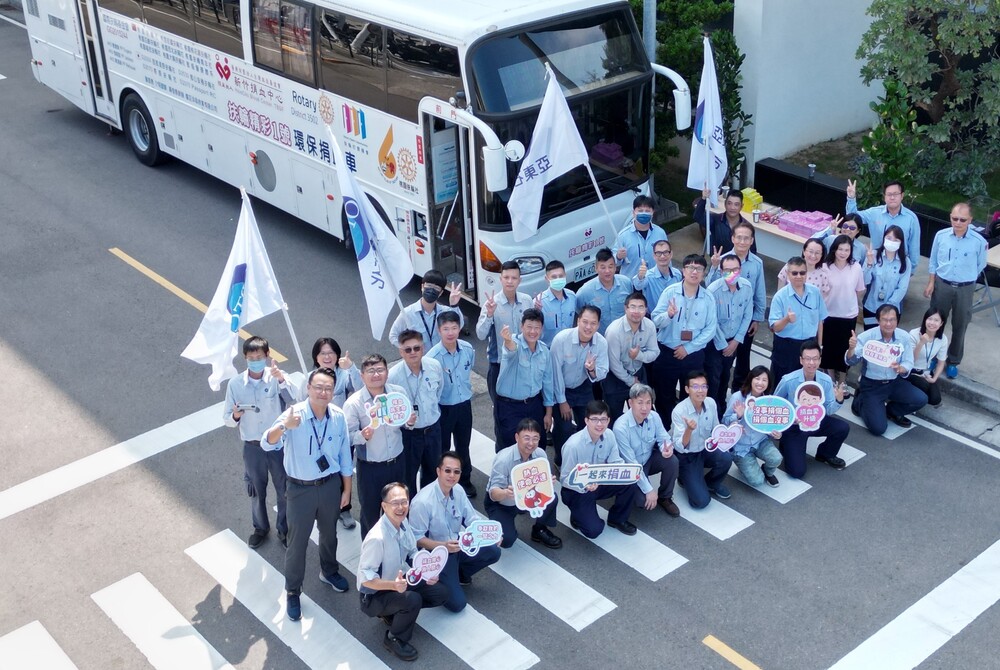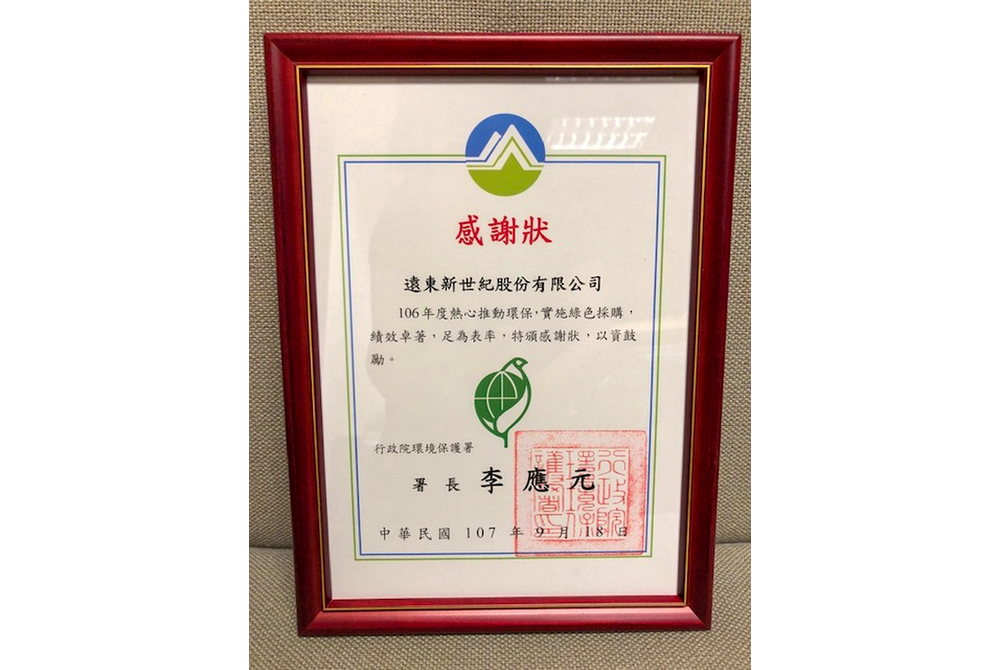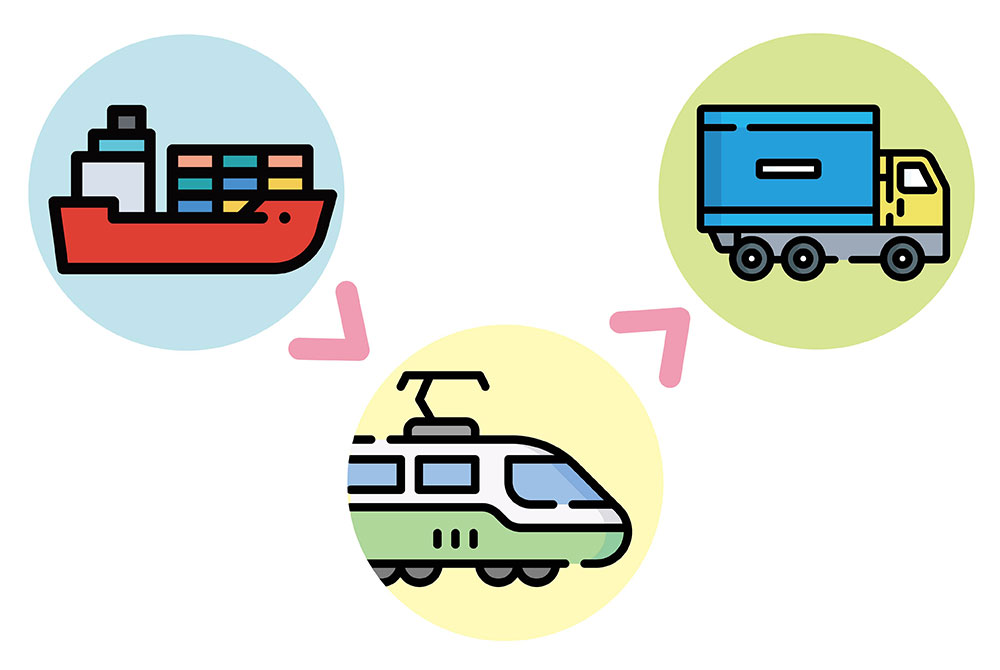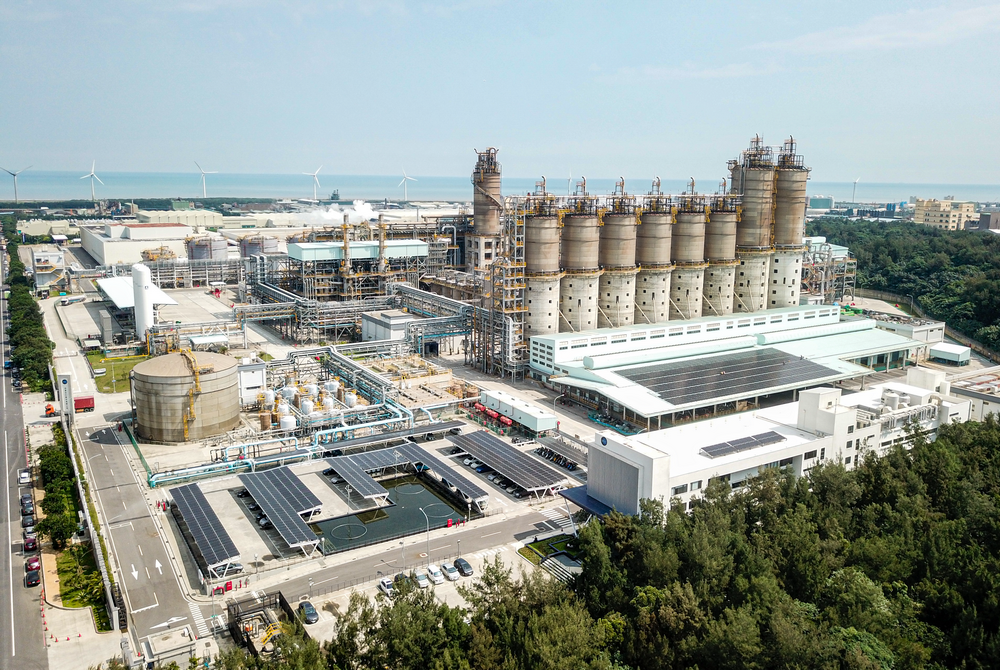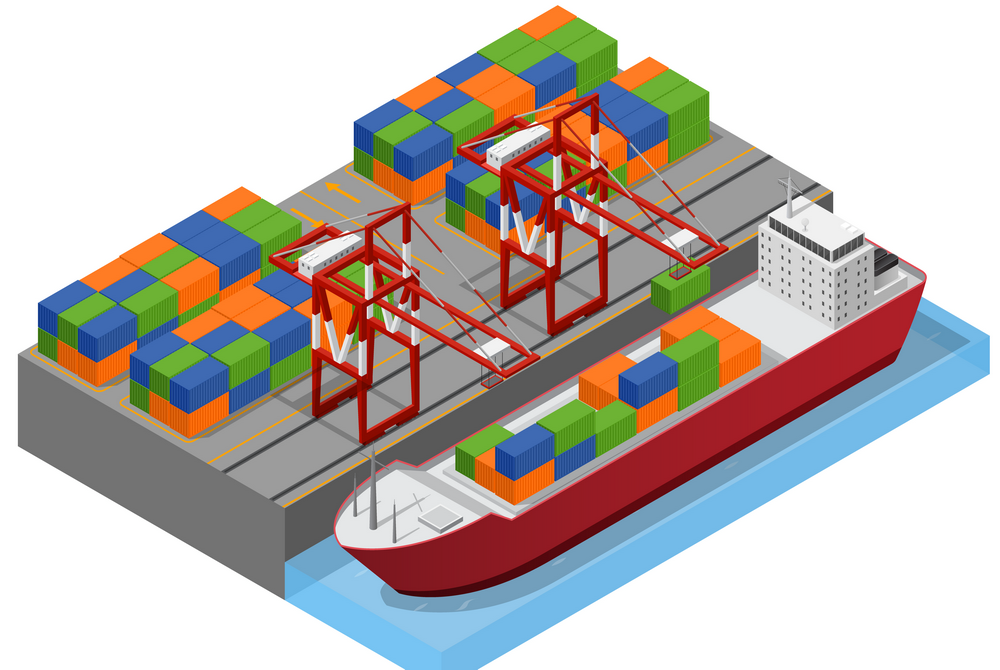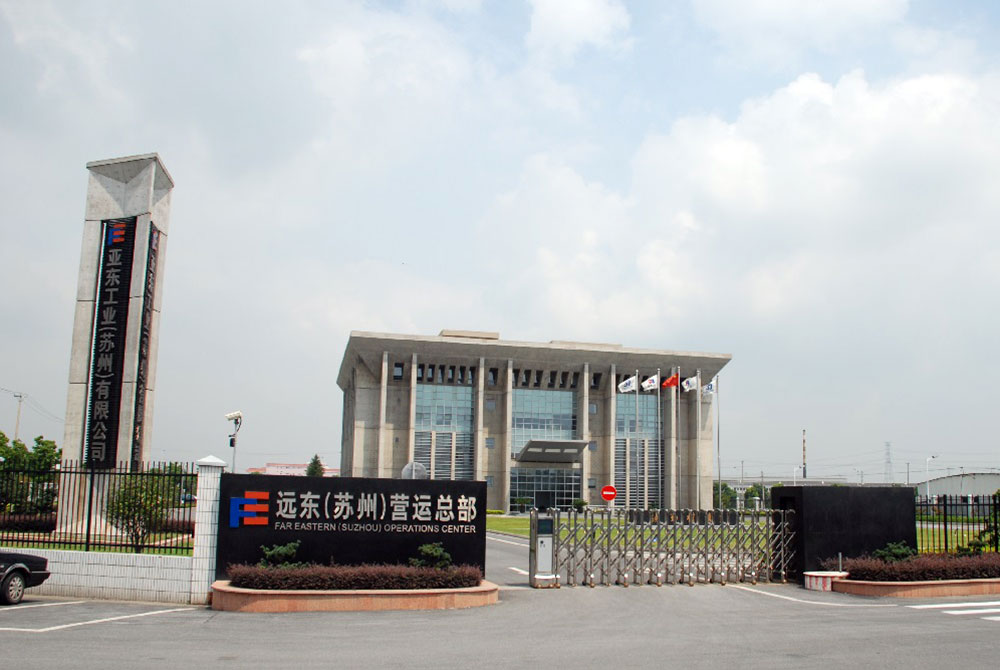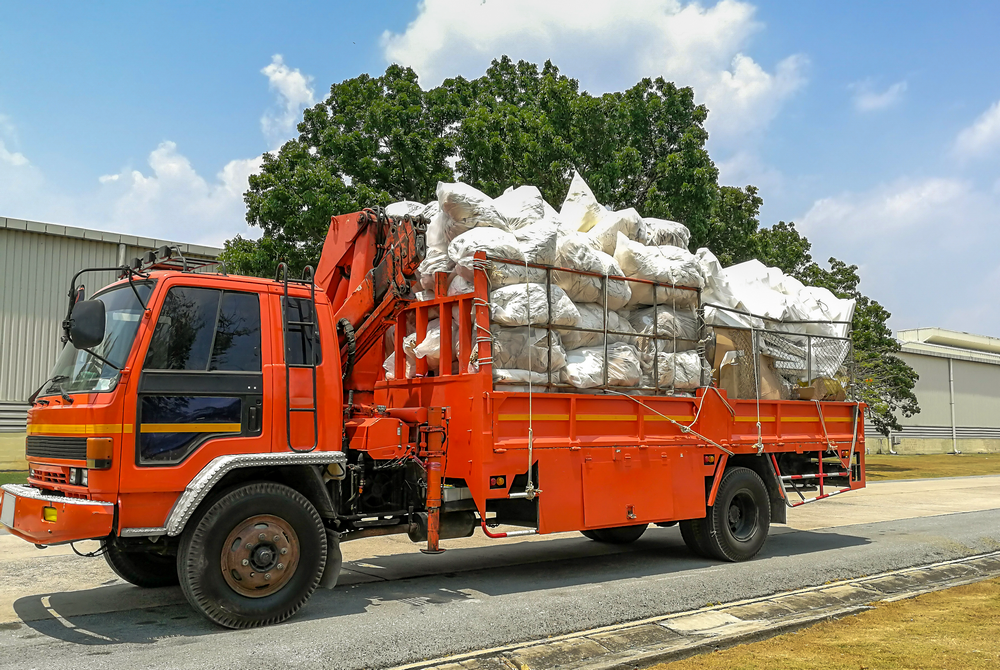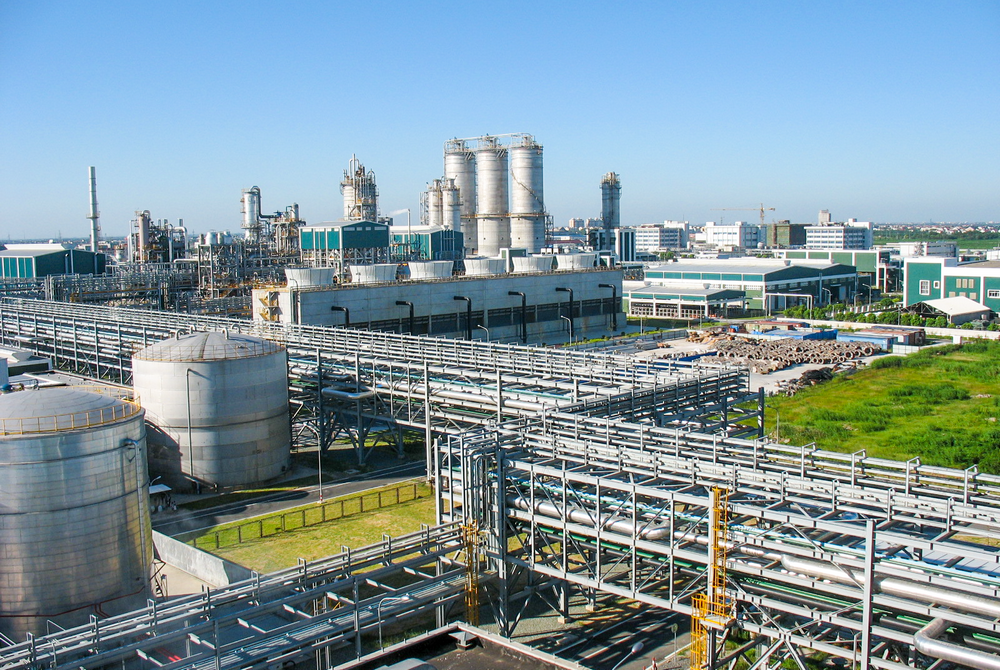Sustainable Supply Chain Management
Supplier management policy provides common set of standards for procurement to achieve sustainable supply chain management.
FENC is a vertically integrated conglomerate that spans across the petrochemical, polyester and textile industries with vast and complex procurement handlings. The selection, management and procurement of suppliers as well as ESG impact assessment are conducted by the FEG Purchasing Center as well as the procurement departments and procurement units responsible for purchasing primary raw materials at all FENC sites.
Beginning in 2016, FENC has been filing the total green procurement from the previous year with the government. The 2024 green procurement increased significantly by 111% compared with 2023, which is mainly attributed to the increase in the procurement of products with the Green Mark certification. As of the end of 2024, the cumulative green procurement made by the FEG Purchasing Center has exceeded NT$19.6 billion. For its efforts, FENC has been recognized by the Ministry of Environment as the exemplary unit for green procurement for six years. Its performance also won the title, exemplary unit for green procurement among private enterprises and organizations, from the Department of Environmental Protection of Taipei City Government.
Green Procurement by FEG Purchasing Center
.png)
Management Policy
FENC establishes supplier management rules that respect local regulations and production needs at each Company site. The management is guided by the principles listed below:
1. Supplier Code of Conduct and Corporate Social Responsibility Commitment Statement
To collaborate with suppliers on our mission to accomplish sustainability development goals, FENC refers “Responsible Business Alliance Code of Conduct” to establish “Supplier Code of Conduct and Corporate Social Responsibility Commitment Statement” and requests suppliers signing.
⇒ Supplier Code of Conduct and Corporate Social Responsibility
The Number and Purchase Amount Percentage of Suppliers Signing “Supplier Code of Conduct and Corporate Social Responsibility Commitment Statement”
.png)
Note:
1. The percentage of suppliers signing “Supplier Code of Conduct and Corporate Social Responsibility Commitment Statement” = the number of suppliers signing “Code of Conduct and Corporate Social Responsibility Commitment Statement” ÷ total number of suppliers x 100%.
2. The total number of suppliers varies from year to year.
3. In 2024, the number of suppliers signing “Supplier Code of Conduct and Corporate Social Responsibility Commitment Statement” of OPTC is 99%.
2. ESG-Based Supplier Selection and Evaluation
- Selection process
Procurement units conduct written or on-site evaluations of new suppliers, covering environmental and social aspects, and classify them based on selection criteria. Additional criteria are established for different types of procurement projects, and all applicable clauses are stated in the contract to ensure compliance.There are 1,265 new suppliers in 2024, and 1,171 (93%) of which have been evaluated.
In June 2024, FENC started requiring that significant suppliers(note) complete the supplier ESG survey to evaluate their ESG performance. The results are analyzed as the basis for formulating the supplier ESG improvement plan. Since the implementation began, 100% of the significant suppliers have completed the survey.
In 2025, FENC established the plan to integrate information security management with procurement processes to evaluate information security among its ICT suppliers. The suppliers are categorized and classified based on the result as a reference for procurement decisions and to reduce information security risks. Meanwhile, the Company continues to strengthen supply chain information security management to address growing cybersecurity threats.
Note: “Significant supplier” refers to the supplier of FENC’s main raw materials and suppliers reaching NT$1 million in a single transaction with the main procurement unit within the reporting year.
- Regular evaluation
At the beginning of each year, major suppliers from the previous year are evaluated, and the results serve as a reference for awarding procurement contracts for the current year. Suppliers that do not qualify are placed on a watchlist and provided with improvement recommendations, and those that are unable to improve are removed from the list of candidates. To help suppliers with unsatisfactory evaluation improve, FEAV provides product samples or opportunities for plant visits and observation.
The following table presents a summary of supplier assessments conducted by the procurement units at FENC’s global production and operation sites in 2024. The evaluations covered environmental, social, and governance (ESG) aspects. If any significant negative impacts were identified during the assessments, the Company would either assist the supplier in making improvements or terminate the contract, depending on the severity of the issue. No suppliers were identified as having negative impacts in 2024.
Supplier Assessment Aspects and Number of Suppliers in 2024
Assessment Aspect | Environmental | Social | Governance |
Total Number of Selected Suppliers | 6,993 | 6,993 | 6,993 |
Number of Suppliers That Have or May Have Negative Impact | 0 | 0 | 0 |
Number of Suppliers That Have Made Improvement | 0 | 0 | 0 |
Number of Supplier That We Have | 0 | 0 | 0 |
Note: The environmental category includes GHG emissions; energy and resource efficiency; water resources management; air pollutant emission management; waste management; hazardous substance management; biodiversity management. The social category includes human rights; no forced labor; child labor; working hours; wages and benefits; freedom of assembly/association and collective bargaining; diversity and equality; maternal protection; privacy protection; employment stability; training; health and safety management. The governance category includes ethical management and anti-corruption; risk management; information security management; grievance channels; regulatory compliance; conflicts of interest; product management.
3. Priority Status for Local Suppliers
FENC gives priority consideration to local suppliers when it comes to procurement. Such policy promotes local economic development and allows the Company to provide better after sales service. APG Polytech is located in the state of West Virginia in the U.S. The inland position makes the railway its main mode of transportation. Therefore, APG Polytech gives priority status to suppliers within close proximity, which cuts delivery time as well as carbon emissions.
Percentage of Procurement from Local Suppliers in 2024
Percentage of Procurement from Local Suppliers | Percentage of Procurement from Local Suppliers After Deducting Main Raw Material | |||||||
| 2021 | 2022 | 2023 | 2024 | 2021 | 2022 | 2023 | 2024 | |
| Taiwan | 44% | 44% | 45% | 43% | 47% | 63% | 72% | 68% |
| Mainland China | 60% | 64% | 61% | 82% | 75% | 85% | 89% | 81% |
| Vietnam | 18% | 19% | 13% | 13% | 44% | 67% | 70% | 70% |
| Japan | 96% | 98% | 85% | 92% | 96% | 98% | 85% | 92% |
| U.S. | 74% | 86% | 92% | 99% | 63% | 58% | 71% | 96% |
| Total | 49% | 53% | 53% | 57% | 60% | 75% | 80% | 79% |
Note:
1. Local supplier is defined as a domestic supplier. In Taiwan, mainland China and Vietnam, local suppliers are unable to provide certain main raw materials.
2. Percentage of purchase from local suppliers = purchase amount from local suppliers ÷ total purchase amount x 100%.
3. Main raw materials included in the statistics are PX, PTA, MEG, Bio-MEG and cotton, including recycled cotton. Starting from 2023, the main raw materials don’t include cotton (including recycled cotton).
Supplier Engagement
FENC engages in dialogues with suppliers through various channels in order to monitor supplier operation.
- The Company provides a mailbox for supplier feedback on its website. Grievance channel and procedure please refer to “Contact and Grievance Channel" of 2024 Sustainability Report.
- The Company monitors the suppliers and contractors monthly and conducts dialogue meetings. The FEG Purchasing Center visited 532 suppliers in 2024.
- The Company holds quarterly supplier meetings to conduct exchange and recognize suppliers for their excellence.
- The Company holds ad hoc technology exchange meetings with suppliers.
- Partner with suppliers on mutually benefitting projects.








